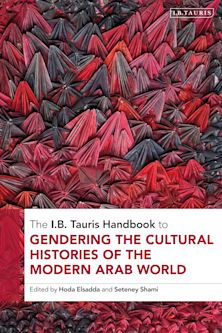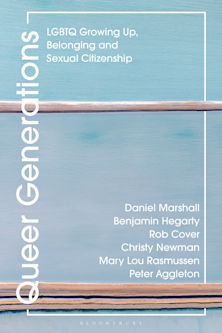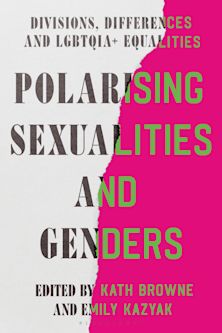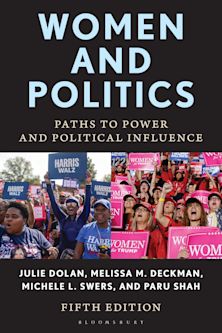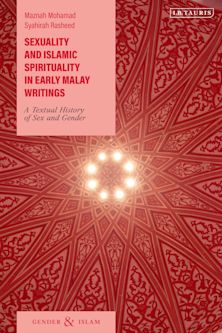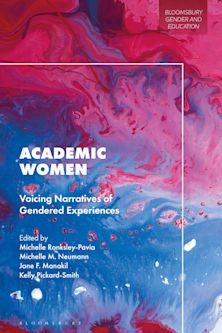Description
Informal norms and political practices can act to facilitate or block changes to formal rules, with important consequences for efforts to promote gender equality. In this book, leading scholars develop sophisticated analytical frameworks and provide detailed empirical knowledge to further our understanding of the gendering of informal institutions.
The book begins by assessing our current theoretical and empirical knowledge and outlining the remaining gaps in our understanding around the way gender interacts with informal institutions. It takes up the challenges of gender equality in informal institutions though a feminist institutionalist lens. The empirically based chapters explore the role of informal institutions in three areas of concern for feminist scholars: political recruitment; the executive; and policy and practice; and examine the practical and methodological challenges of researching informal institutions. Using the insights generated in the volume, the final chapter develops a research agenda for future work on gendering informal institutions, considering the potential to design or alter informal institutions, and of different approaches and methodologies.
Table of Contents
Product details
| Published | May 25 2017 |
|---|---|
| Format | Ebook (Epub & Mobi) |
| Edition | 1st |
| Extent | 248 |
| ISBN | 9781786600042 |
| Imprint | Rowman & Littlefield Publishers |
| Illustrations | 3 b/w photos; 4 tables; 6 textboxes; |
| Series | Feminist Institutionalist Perspectives |
| Publisher | Bloomsbury Publishing |
Reviews

ONLINE RESOURCES
Bloomsbury Collections
This book is available on Bloomsbury Collections where your library has access.












